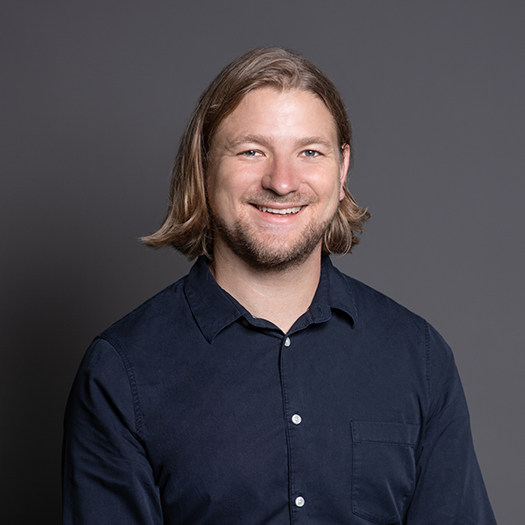Practices and Effects of Insolvency Procedures – An Empirical Analysis of the Economic Impacts of the Insolvency Reforms in Germany
Practices and Effects of Insolvency Procedures – An Empirical Analysis of the Economic Impacts of the Insolvency Reforms in Germany
This project investigates the economic effects of two reforms of the insolvency law in Germany (1999 and 2012). The reforms aim to improve chances for restructuring and continuation of insolvent, though long-term viable enterprises. To achieve this, an insolvency scheme proceeding with the aim to reconstruct enterprises (Insolvenzplanverfahren) has been introduced:The project’s goal is to evaluate, whether the reforms serve its purposes or not. We are especially interested whether the reformed insolvency law provides an efficient selection scheme for insolvent enterprises. The efficient selection should separate between the enterprises which are economically viable in the long term and those which are not. The viable ones should be reconstructed and the non-viable ones should be liquidated. Two types of errors can occur in the course of insolvency proceedings: 1. Inefficient enterprises are preserved and 2. Efficient enterprises are liquidated. Both cases are economically suboptimal outcomes. Thus, the specific design of the insolvency regime is greatly important for the economic consequences of bankruptcies.The empirical analysis should answer a number of research questions using data from the Mannheim Enterprise Panel ( MUP) and ZEW survey data. In all, we want to measure the accuracy of the new German insolvency regime. It is of interest whether firms restructured in insolvency scheme proceedings are indeed able to survive in the long run The determinants for such an successful insolvency scheme proceeding are to be specified. Our attention is turned to the date of the insolvency application especially. We want to know if an application at an early stage increases the odds of survival. . Additionally, the two types of errors mentioned above will be quantified.This project is supported by the Fritz Thyssen Stiftung.





